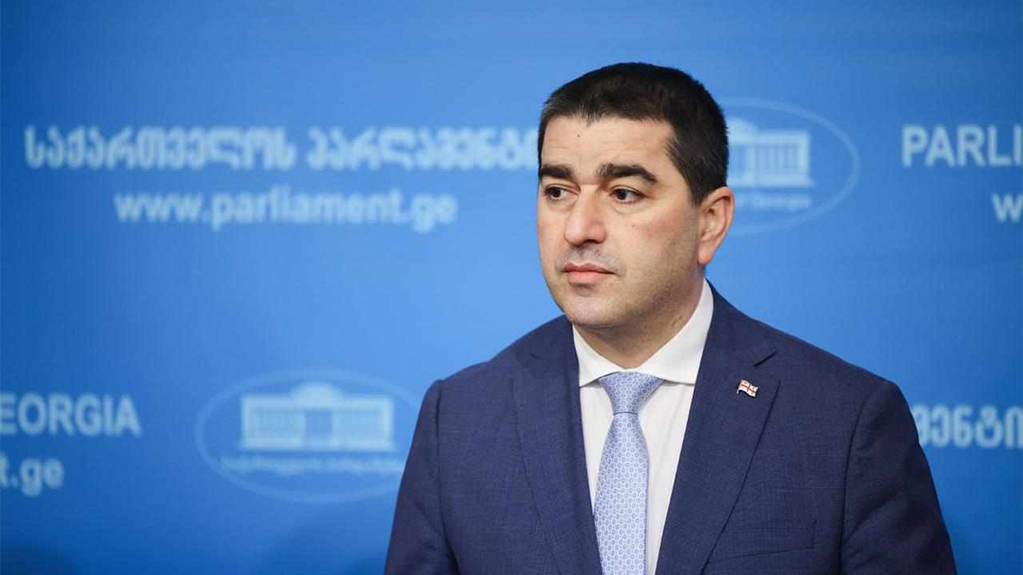The Parliament Chairman, Shalva Papuashvili, said at the briefing held after the session of the Political Council of the ruling Georgian Dream that through party structures, they will create a database that will gather information about all those people "who are involved in violence, other illegal actions, threats, and blackmail or publicly approve of such actions."
News
"This database will be placed on a special website, and it will be public and transparent for the citizens of Georgia. All measures will be taken against these persons within the framework of the constitution and the law so that violations of the law, violence, and threats do not remain without a response from the state or society," said Shalva Papuashvili.
The Parliament Chairman says that pressure is being put on members of society, including sportsmen and artists, in order to define the position desired by the oppositional National Movement
"They have resorted to censorship, and if any words do not align, they resort to moral terror as well. This applies both to these individuals and to their family members. Therefore, it is important for the public to recognize this. I believe that what people avoid in public statements, they do not avoid in private conversations. They have the impression that the language of contempt expressed by them on social networks, fascist statements, including the exclusion of some people, etc., are private conversations. Therefore, it is important for these individuals to also realize that these are not words spoken in their room; these are public statements that can then incite hatred, fuel controversy in society, and inflict moral terror on other people and their family members. Therefore,
when society reacts to these issues and provides a moral assessment, these individuals will naturally avoid such actions and statements," Papuashvili said.
Regarding criminal offenses and administrative misdemeanors, relevant bodies will respond appropriately. There are cases of verbal violence, threats, and blackmail that do not reach a criminal level. There are also situations where people are pressured or blackmail their family members, which also do not fit into the criminal dimension. In these cases, moral evaluation is important, and people should make such evaluations.
This statement by the Parliament Chairman was preceded by a hidden audio recording distributed by pro-government media, in which insulting words are heard addressed to football player Khvicha Kvaratskhelia. The authenticity of the recording has not been confirmed.
At the briefing, Shalva Papuashvili did not mention anything about the physical attacks by the so-called Foreign Agents on activists opposed to the Russian Law. None of the attack incidents have been investigated.
- On May 3 in Tbilisi, youths participating in the protest were attacked and physically assaulted. Some of the attackers have been identified by the media as individuals associated with Georgian Dream, including several coaches financed from the budget.
- On May 5 in Lanchkhuti, an active participant in protests against the Russian Law, teacher Lado Abkhazava, and his son were attacked while leaving the hall.
- On May 7, after leaving the Swedish embassy in Tbilisi, Giorgi Klidiashvili, the director of the non-governmental organization Institute for the Development of Freedom of Information, as well as the camera crew of Formula television company, were attacked. Klidiashvili was giving an interview to Formula.
On May 7, unknown persons made mass and organized calls to civil activists, journalists, YouTubers, and other individuals opposed to the Russian law, cursing and threatening them.















